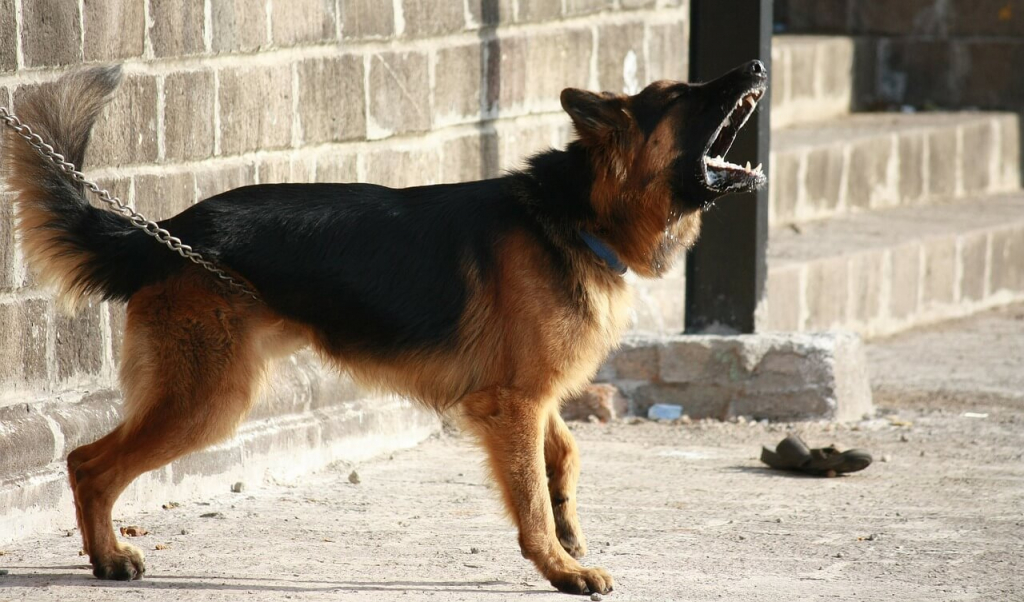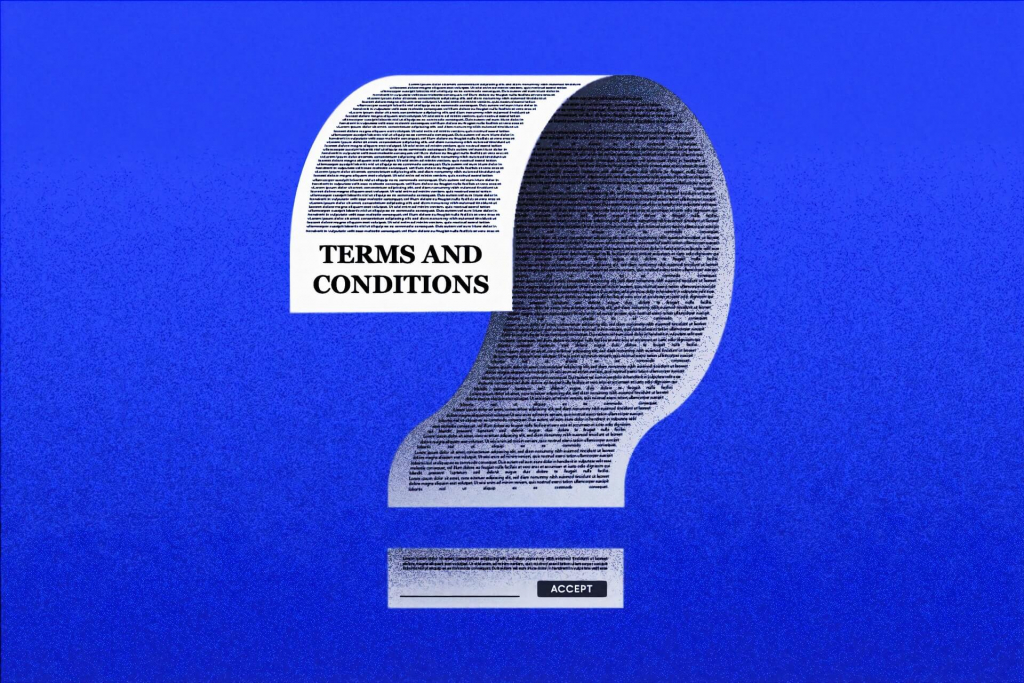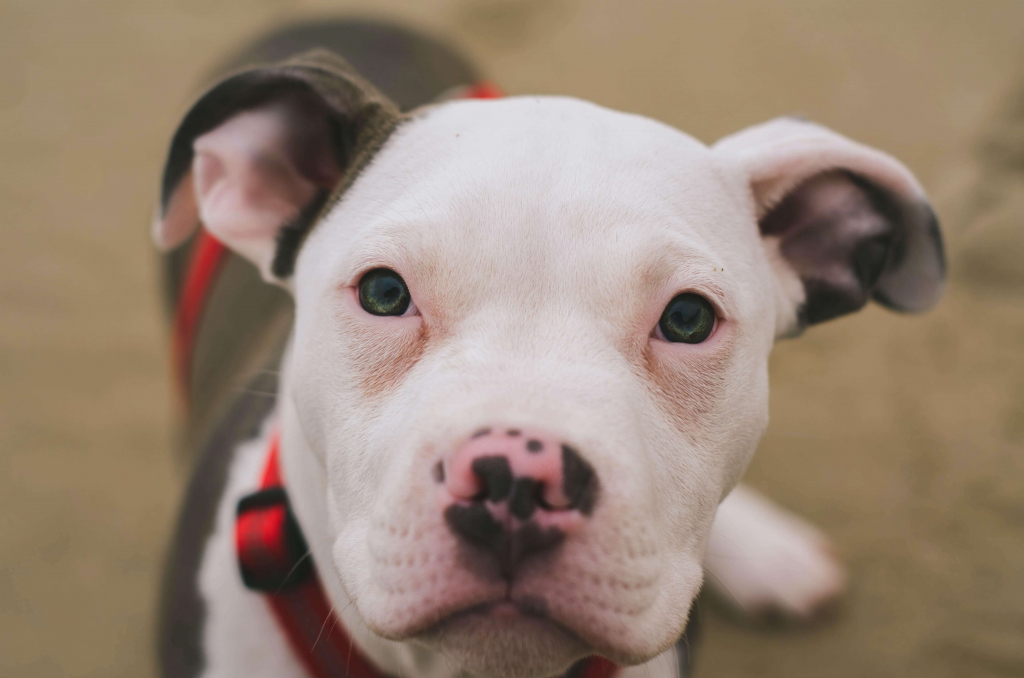For landlords who accommodate tenants who own dogs, you could carry certain liabilities and risks, especially for apartments and condominiums which house multiple tenants.
Allowing pets in your rental property opens the possibility that such animals would cause harm to other tenants. One of the most common worst-case scenarios is if a dog bites another tenant.
You might assume that the tenant who owns the aggressive dog is solely liable for its behavior. However, you can be partially liable in some cases, such as:
• when you had prior knowledge of the dog’s aggressive tendencies
• when you fail to remove the animal from the property despite having the right to do so
• when you harbored the animal like a de facto owner, e.g., feeding, walking, and taking care of it when the tenant is away

Despite the risks, there are also undeniable advantages if you rent out your properties to pet owners. One of which is that if you publish a listing for your pet-friendly rental property on platforms like Padleads, you would be able to attract more renters because most of them have pets.
However, before you decide to accommodate pets, make sure you take certain measures to decrease your liability for dog bite incidents.
Enforce pet policies and conditions stated on your lease
Make sure that you add a clear and detailed pet policy on your lease agreement, including the consequence that the pet and/or tenant getting evicted if the animal exhibits violent behavior towards other tenants.
It is not enough that it is written on the lease. You also have to enforce it firmly so that you will not be held liable due to negligence.

Screen tenants and their pets thoroughly
Conducting a thorough screening process is one of the best ways to ensure that those who will occupy your property will be responsible tenants who will honor your lease agreement and all its conditions.
When screening an applicant, make sure you meet his or her pet to check for any signs of violent behavior. You may also request copies of vaccination records.
Require a renter’s insurance
If a dog owner applies for tenancy, advise him to get renter’s insurance first that covers injuries or damage that the animal could cause. Make sure that the breed of their dog is not included on the list of dog breeds that their policy doesn’t cover.

Losing an injury lawsuit could cost a lot of money to cover damages. It is recommended that a tenant who owns a medium-sized dog should have a minimum coverage amounting to $300,000.
Have landlord’s insurance
Having insurance for yourself can protect you financially in the unfortunate event that you will be held liable for tenant injuries inside your property.